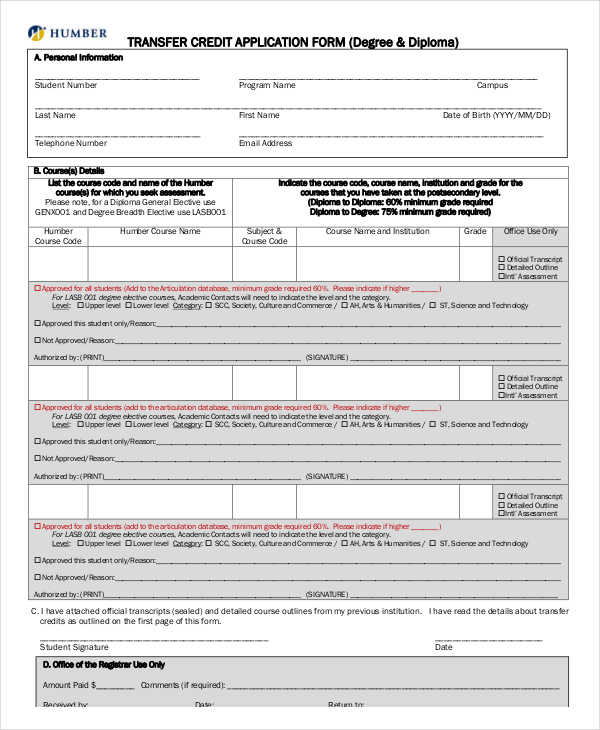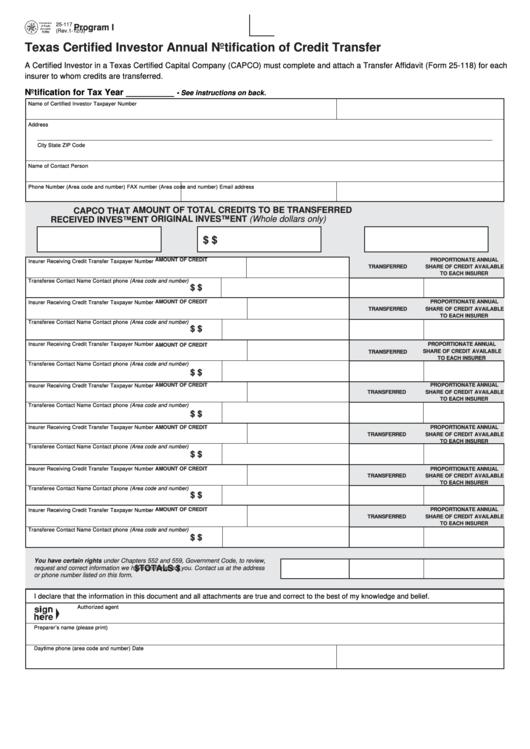Utm Transfer Credit Form – If you’re confused by the process of transferring You can fill out the Transfer Credit Acquired Form, or the TCAF. You might have a class you did not complete or don’t have a grade for You’re wondering if you could use it to earn your degree. The good news is that you could. Generally, courses that earn a C or higher do not need material review. However, you must remember that courses that don’t transfer into a specific U.M. course can be considered credit for departmental courses. If it’s not, it aren’t eligible to transfer it onto a U-M class and you might fail to meet the graduation requirements.
Coursework should earn a grade equal to a C grade or better
If you want to transfer your classes and be eligible for transfer credit, they must earn an average of C or higher. In order to be eligible for credit transfer, they should be completed at an accredited college or university that is accredited, like The Higher Learning Commission or the Middle States Association of Colleges and Schools (MASAC). International programs are assessed as an individual case. Official transcripts are required to be sent in writing to CCS. Your previous institution should also have been able to recognize the courses.
For credits to be transferred from your old college, classes taken at a foreign institution must have earned a grade of C or higher. Pass or Satisfactory grades aren’t transferable, nor are development coursework, college algebra, or career and technical courses. However this policy was amended during the COVID-19 virus, and any courses previously completed will be accepted.
To earn transfer credits, courses conducted at regionally accredited colleges need to have earned a mark or grade “C” or better in the previous institution. To transfer credits it is necessary that the courses have the same scope and subject matter. A C grade is considered the acceptable minimum grade for transferable credits Some institutions will accept marks of “D” or higher. Accreditation bodies comprise such bodies as the Middle States Association of Colleges and Schools as well as the New England Association of Schools and Colleges as well as the Northwest Association of Schools and Colleges, and Southern Association of School and Colleges.
TCEL includes courses that have transferred to Clemson before. This is not an exhaustive list and courses not listed here must be evaluated when you apply to Clemson. Also, this TCEL listing also provides classes that have equivalents, but this list does not indicate differences in the amount of credits awarded between institutions. Also, although the TCEL lists courses that are comparable to the courses offered by other institutions and universities, the Office of Admissions’ evaluations have been based on recent information.
While your previous course work could be acceptable to you, it is crucial to consider its academic implications. If you are unable to finish the course work look into retaking it. Make sure that you get at least an “C” in the course, and satisfy any stipulations required by the university. Retaking a course two or three times will impact your GPA cumulatively and you should be cautious when making a decision to repeat it.





